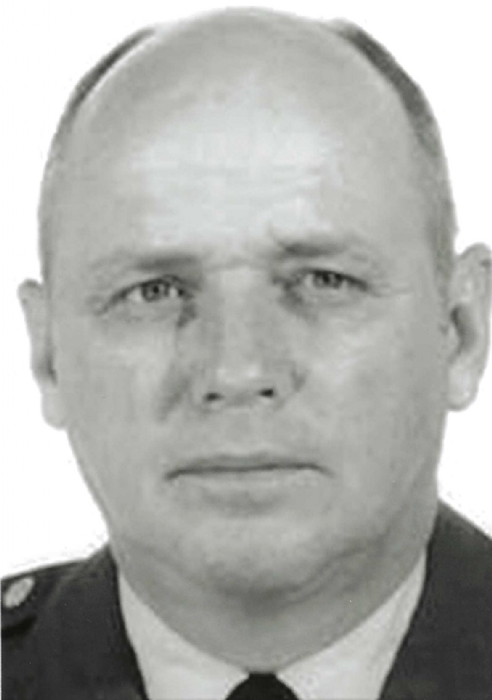Billy Joe Fulbright
Chief Warrant Officer 4 (CW4) Billy Joe Fulbright, United
States Army (Deceased), from Lonoke, Arkansas, was inducted into the United
States Army Aviation Hall of Fame at Fort Rucker, Alabama, in 2001 in
recognition of his distinguished contributions to Army aviation. CW4 Fulbright
made significant impacts on Army Aviation during the 1950s and 1960s.
CW4 Fulbright's journey reflects determination and
persistence in overcoming obstacles to achieve his dream of becoming an Army
Aviator. Orphaned at age five following the death of his father and subsequent
adoption by a farm family from Lonoke, Arkansas, he faced a challenging
upbringing. At the age of 15, he ran away from home to join the war effort in
1944. Being underage, he falsified his age to enlist, resulting in two
different dates of birth appearing in his Army Personnel File, with his actual
date of birth being November 18, 1928.
Fulbright had a passion for flying; however, color blindness
disqualified him initially. After 9 ½ years of enlisted service (1944-1954), he
obtained a civilian pilot license. In 1954, he reenlisted in the Army through a
new program that granted warrant officer commissions to individuals with
civilian pilot licenses. Using his ingenuity, he memorized clues to the
colorblind exam chart to pass the aviation flight physical, allowing him to
enter the Army Aviation Warrant Officer Commissioning Program. He graduated
from one of the early warrant officer candidate classes at Fort Sill, Oklahoma.
Following his flight training in 1954, Fulbright became an
instructor pilot at the H-21 (Shawnee helicopter) transition school at Fort
Riley, Kansas, where he trained the core group of Army Aviators sent to Vietnam
in 1961-62. These units were integral in proving the Airmobile Concept. Later,
as a Standardization Instructor Pilot in the 8th Transportation Company in
Vietnam, he trained replacement pilots in combat missions and actively
participated in helicopter medevac and fixed-wing reconnaissance flights.
In 1963, Fulbright played a key role in creating a CV-2
(Caribou) Transition Course at Fort Benning, Georgia, and transitioned pilots
for the 11th Air Assault Division (Test). When this division was reflagged as
the 1st Cavalry Division in 1965, it deployed to Vietnam to test the airmobile
concept's feasibility.
In 1967, Fulbright was chosen for Navy P-2V (Neptune) patrol
bomber training. He oversaw the preparation of six P-2Vs with top-secret radio
research equipment and served as the Standardization Instructor Pilot for the
newly formed 1st Aviation Radio Research Company. Deploying to Vietnam again,
he trained pilots for extended missions crucial to gathering enemy
intelligence, directly contributing to the success of Army Aviation operations
in Vietnam.
Afterward, stationed in Hawaii as an instrument flight
examiner and U-21 (Ute) instructor pilot, Fulbright attended the first Aviation
Warrant Officer Advanced Career Course. He was later assigned to the Federal
Aviation Agency as the Army Aviation Coordinator for five southwestern states
until his retirement.
This esteemed master Army aviator retired in 1975 after over
30 years of service, accumulating more than 8,700 flight hours, including 1,250
combat hours, and was awarded the Air Medal with 30 Oak Leaf Clusters.
Qualified in 25 aircraft types, CW4 Fulbright distinguished himself as a
pioneer in Army Aviation from 1954 to his retirement in 1975.

